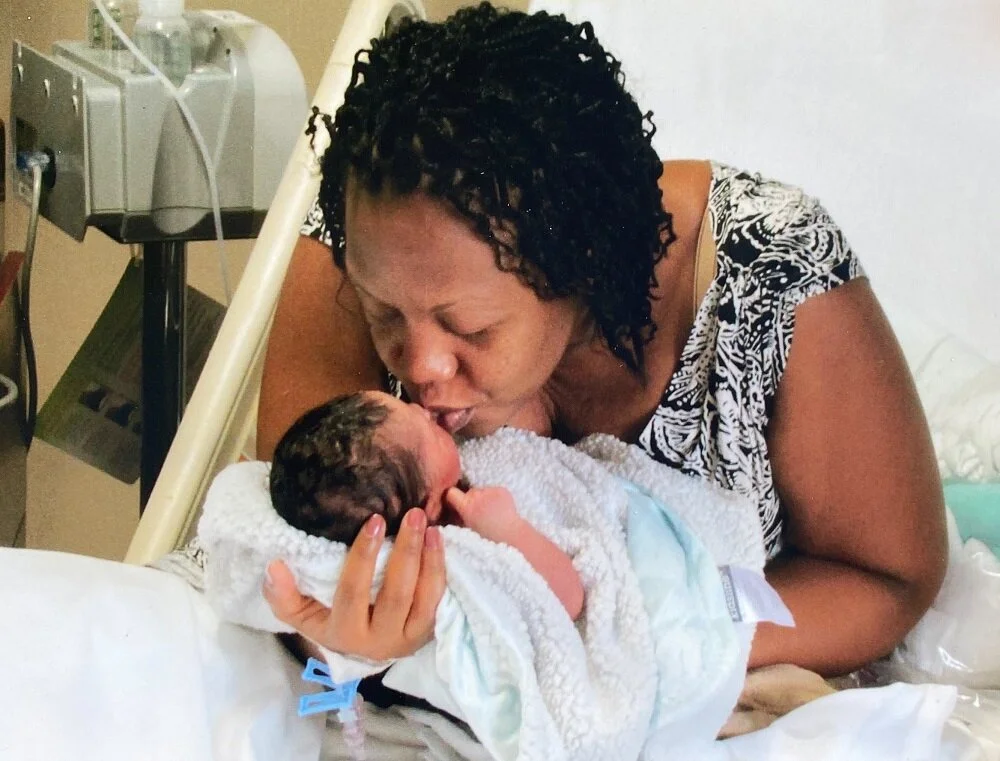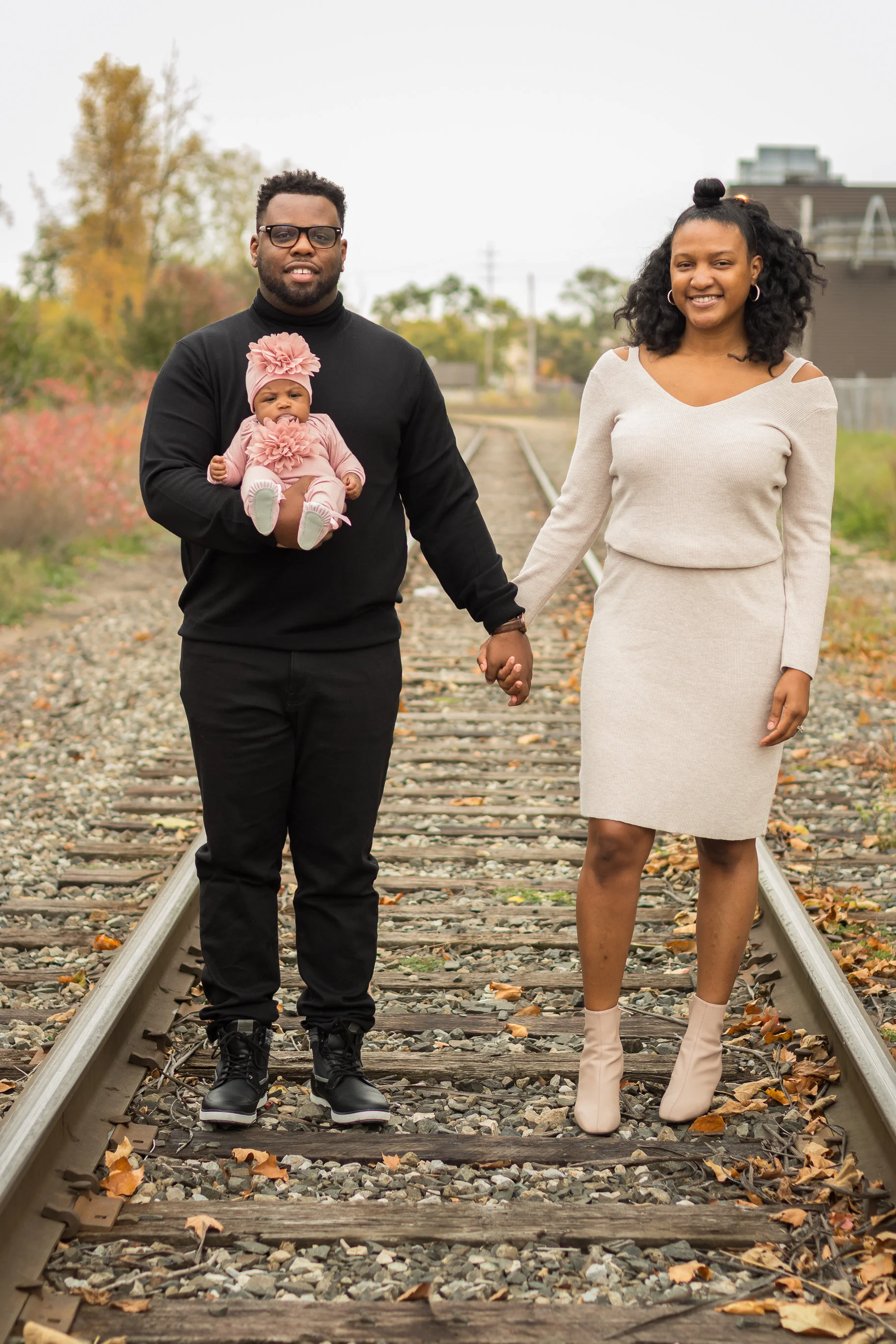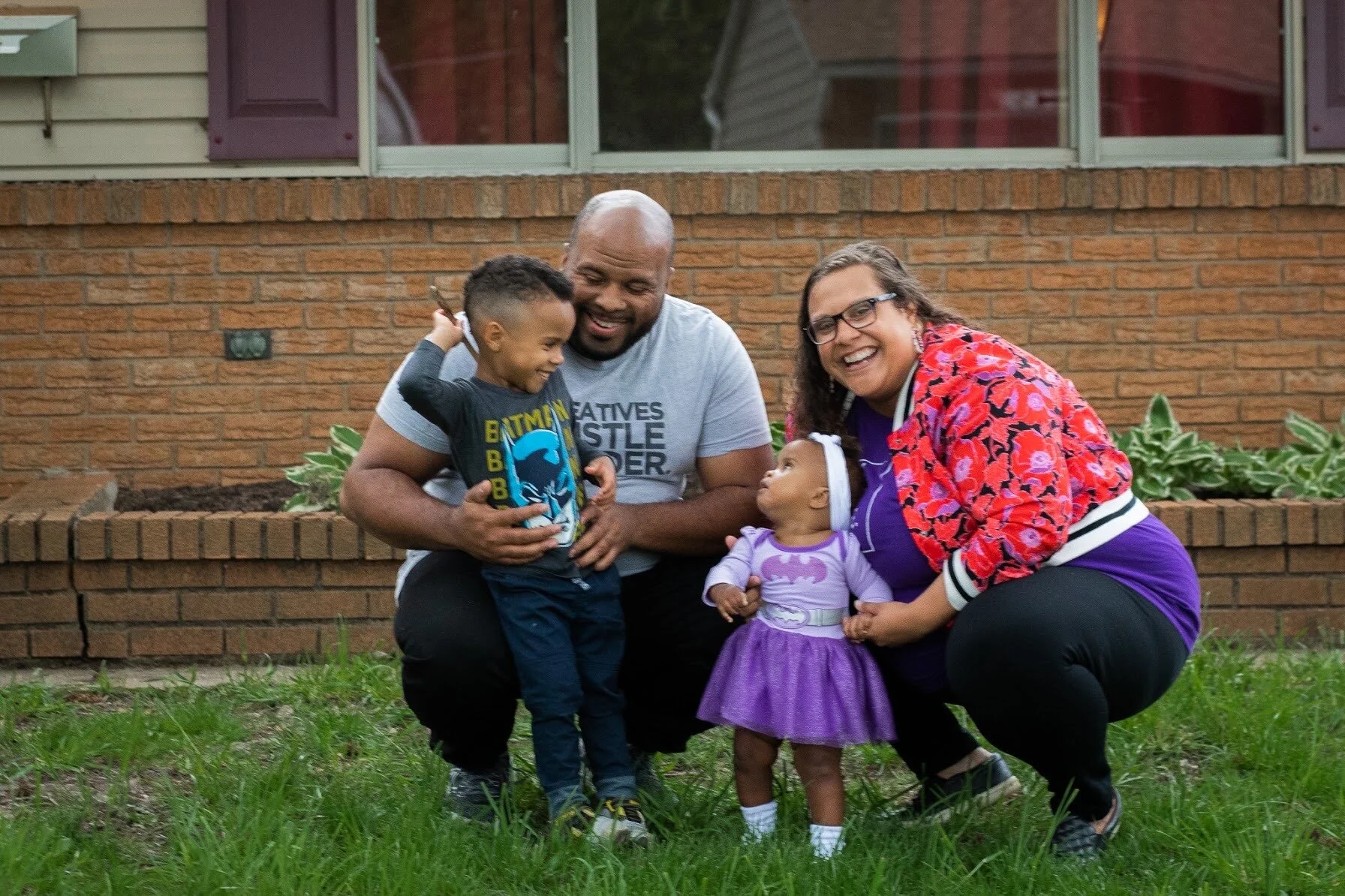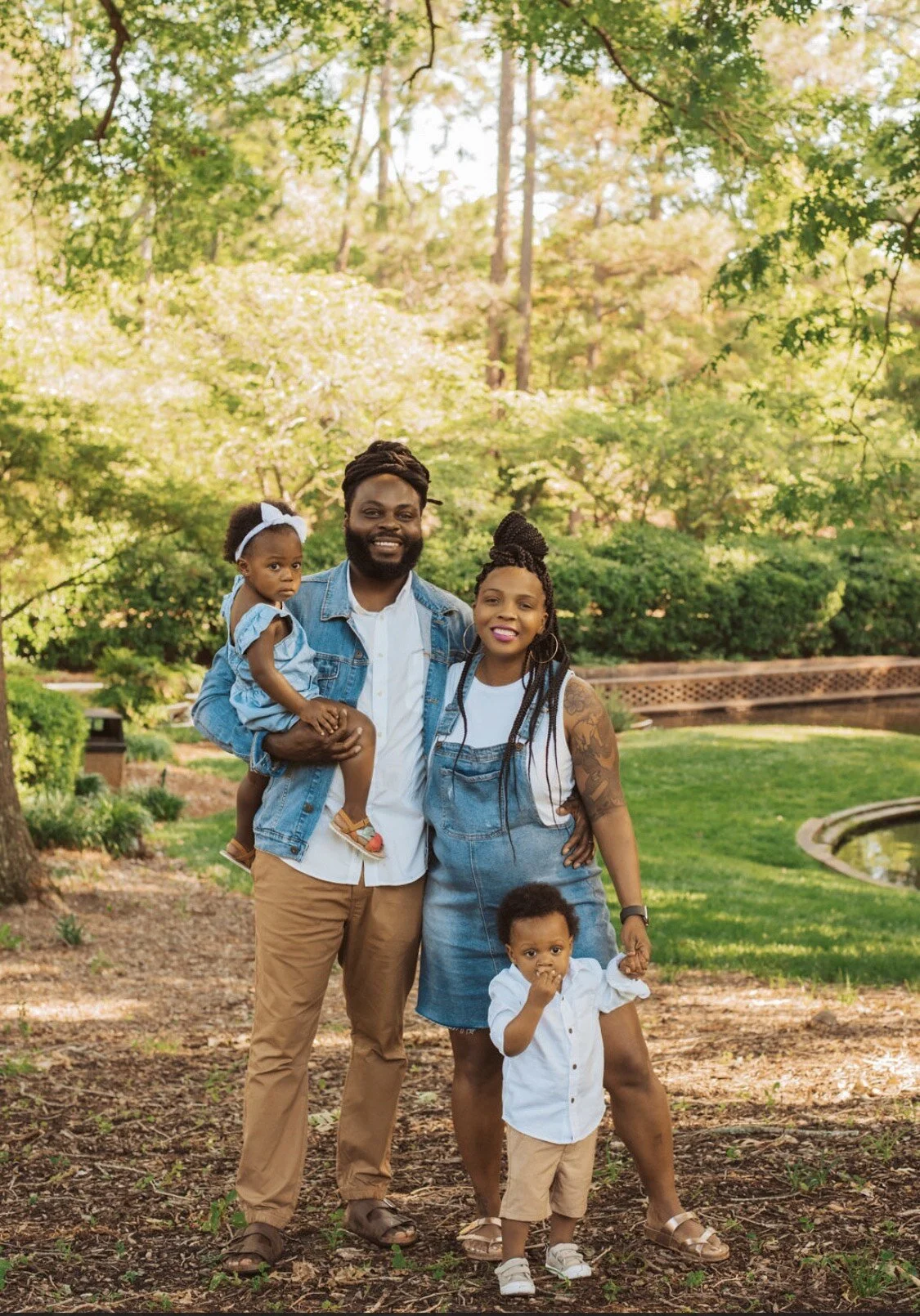Bianca Pryor felt led to start sharing her personal birth experience and how it interweaves with the birth story and untimely passing of her best friend, Dr. Shalon Irving. They discovered they were expecting around the same time and committed to "doing pregnancy" together. It was an exciting time in their lives after they both had experienced sibling losses. They were able to see and feel the positive energy around them. Bianca reflected on the newness of how much information we now have about the experiences of Black women in birthing spaces. Today, it has been reported so much more, but they were not prepared for what lay ahead for them.
Dr. Shalon would give birth via scheduled surgical birth to Soleil in January 2017 with no complications during the delivery. The best friends bonded in the newness of motherhood and leaned into each other for support. Three weeks postpartum for Dr. Shalon, they texted briefly while Bianca was still in the NICU. Later that day, she received another text stating that her friend was in the hospital because she had stopped breathing. Dr. Shalon had shared that her legs were still swollen, and she had low energy. She had also been receiving wound care at home as she was having challenges with her incision healing properly. She was a fierce advocate for her health but was pushed off by her medical providers. Dr. Shalon Irving passed away shortly after - her friends and family vigilant on her behalf.
The Believe Her App and Dr. Shalon's Maternal Action Plan are projects birthed by Bianca and Dr. Shalon's mother, Wanda Irving, as a form of activism and memorializes Dr. Shalon's life and her legacy. Believe Her is an anonymous, maternal, peer-to-peer app created to fight extraordinarily high black maternal mortality rates and save lives. Dr. Shalon's Maternal Action Project works to remove barriers, biases, and disparate practices that impede access to equitable, quality care for Black women and women of color. Their work is based on the life philosophy of Dr. Shalon:
"I see inequity wherever it exists. I am not afraid to call it by name and work hard to eliminate it. I vow to create a better earth."
Read More











